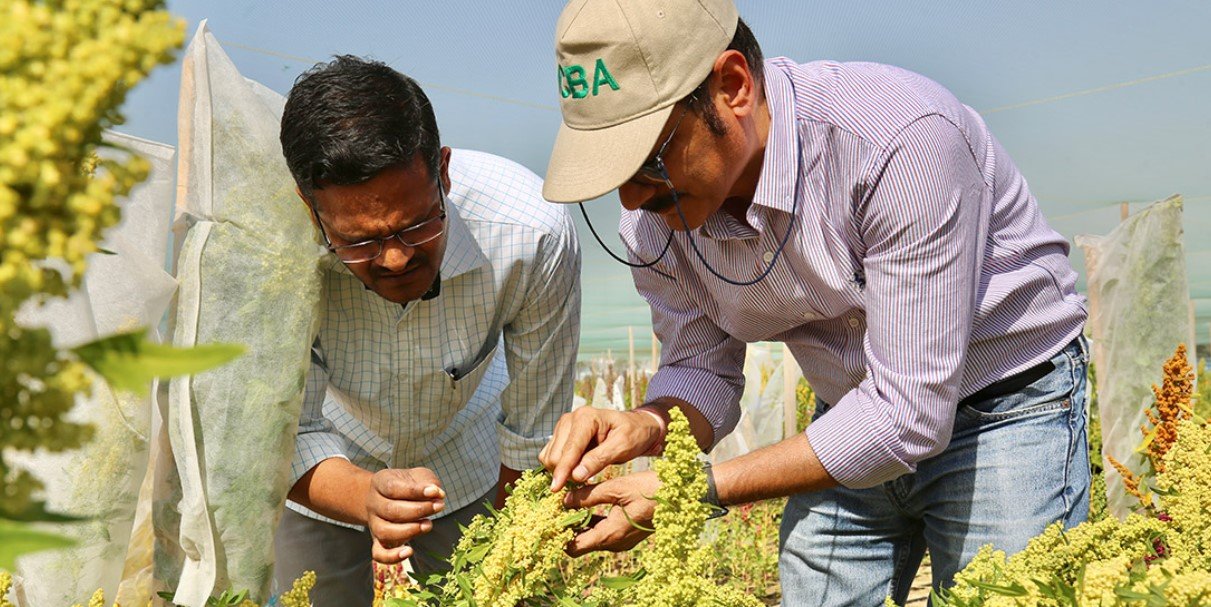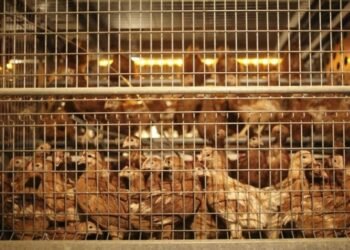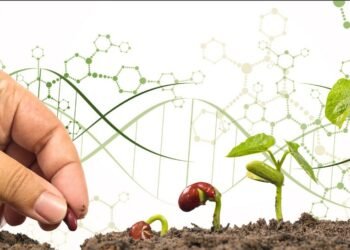In the face of climate change, South Asia confronts a critical challenge to its food security, a situation exacerbated by factors such as weather extremes, trade restrictions, and rising oil prices. A recent study delves into the intricate dynamics between climate change, renewable energy, and agricultural credit, revealing their collective impact on food availability and stability in this densely populated region.
The Climate Challenge and Food Availability
Climate change has been identified as a significant threat to food security in South Asia, reducing food availability and increasing the risk of food insecurity. The region’s heavy reliance on agriculture, coupled with its susceptibility to extreme weather events, underscores the urgency of finding sustainable solutions to safeguard food resources.

The study highlights the detrimental effects of climate change on crop yields and food production. It emphasizes the need for South Asian countries to invest in climate-resilient infrastructure and practices, such as drought-resistant crops and improved weather forecasting capabilities, to mitigate these impacts.
Renewable Energy: A Beacon of Hope?
Renewable energy emerges as a promising ally in the short-term battle for food security. The study’s findings suggest that the adoption of renewable energy sources can positively influence food security by reducing dependence on fossil fuels and promoting sustainable agricultural practices.
However, the long-term benefits of renewable energy on food security are less certain. The study calls for a balanced approach that combines immediate action with long-term planning, ensuring that renewable energy contributes to a sustainable food future for South Asia.
The Role of Agricultural Credit
Access to credit is crucial for farmers to invest in the necessary tools and technologies to adapt to climate change. The study finds that agricultural credit has a positive effect on food security, enabling farmers to enhance their productivity and resilience.
The availability of credit is linked to improved food security outcomes, as it allows for the implementation of advanced agricultural techniques and the purchase of quality seeds and fertilizers. This financial support is vital for farmers facing the dual challenges of climate change and economic constraints.







